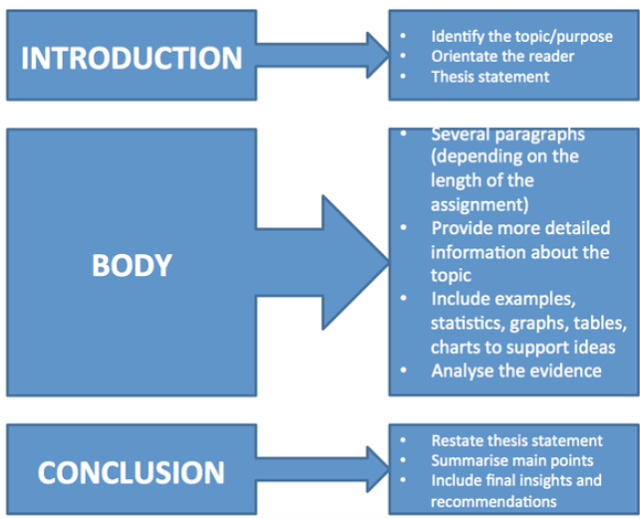As you were probably aware, videos are stored in a variety
of formats – just like most other types of media files. But what you may not
know (at least not fully) is what video formats actually do.
In a broad sense, video formats are responsible for storing
the data that makes up the video. To accomplish that they require two parts: A
video codec and a video container.
 |
| Pixabay |
“What Does a Video Codec Do?”
The video codec is the part of the format that is designed
to compress the video data so that it can be stored in a manner that occupies less
space. That is important seeing as uncompressed video data is very large, and
can even range into hundreds of GB – or more.
To compress it the data is encoded using the video codec.
That requires various compression algorithms that can either be lossless or
lossy.
If the compression is lossless, the data can be decoded and
decompressed at any time into an exact replica of the original. However if it
is lossy some data that is considered redundant is discarded, and when the
video is decoded it won’t be exactly the same as the original.
Most of the codecs you run into (and the videos that use
them) are bound to be compressed using lossy compression to make them suitable
for delivery. Lossless compression in videos is almost always only used during
professional video production.
In order for the video to be viewed its data needs to be
decoded, which requires either a hardware or software decoder. Both can play the video, but hardware decoders require
less processing power.
If no decoders are present the video format won’t be
supported, and the video won’t be able to be viewed.
“What Does a Video Container Do?”
In contrast to the codec, the video container’s role is a
bit more ordinary: It acts as a wrapper that holds together all the video data
as well as any other components that may be required.
Different containers support different range of components,
which sometimes determine the features that are enabled in the video too. For
example some may support captions, titles, chapters, menus, streaming, 3D
video, and so on.
The video container is also responsible for the extension
that the video is stored in. That being said some containers are very similar
to one another, and for example if you want you could learn how to convert M4V to MP4 using Movavi Video Converter, or you could just rename
the extension.
Suffice to say the extension is not the video format
(contrary to popular belief) but just part of it.
Conclusion
To sum it up the video container consists of both its
container as well as its codec. Together they are in charge of the compression,
compatibility, and the features that can be supported.
As you can imagine that makes the video format important in
a practical sense as it will affect whether or not you can view certain videos,
and the overall file size of the video too.




